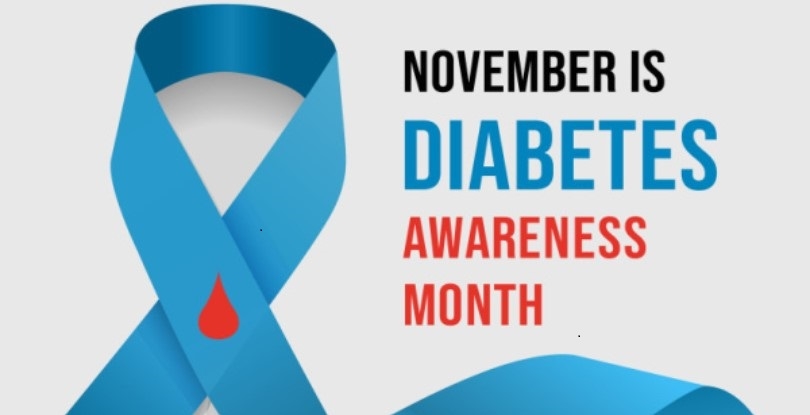
Managing diabetes can feel like juggling while riding a unicycle on a tight rope.
While it may sound impossible to do it all, successfully managing diabetes can be done with practice, access to resources, and support.
The key to managing diabetes is keeping control over blood glucose. It also requires constant communication with your healthcare team to assure that lab values are within normal limits, and further issues are avoided. In addition to medication and constant communication, people with diabetes can manage their blood sugar through diet and lifestyle changes, including:
- Limiting sugary, concentrated sweets (such as juice, cakes, cookies, etc.)
- Pairing fruits and sweetened foods with fiber, fat, or protein to slow digestion and glucose uptake (i.e. fruit and nuts)
- Opting for whole grains instead of white (whole wheat bread, brown rice)
- Eat every couple hours to keep sugar levels consistent
- Regular daily exercise
While these lifestyle changes will help better regulate your blood sugar, there are also a few additional instances to watch out for:
- The Dawn Phenomenon. In the early hours of the morning, The Dawn Phenomenon is when the patient experiences an episode of high blood sugar. To help reduce instances of the Dawn Phenomenon, try limiting carb heavy food before bed, eating protein-rich foods and engaging in light exercise after dinner (like a neighborhood walk).
- The Somogyi Effect. Similarly, the Somogyi Effect happens when blood sugar is low in the evening, and is often followed by an episode of high blood sugar in the morning. This spike in blood sugar is often in response to the hormones that are released during the low blood sugar episode the evening prior. To help manage this, it is recommended to reduce carbs before bed.
To learn more about using food as medicine to help manage blood sugar, reach out to our Registered Dietitians on staff at Project Open Hand.
